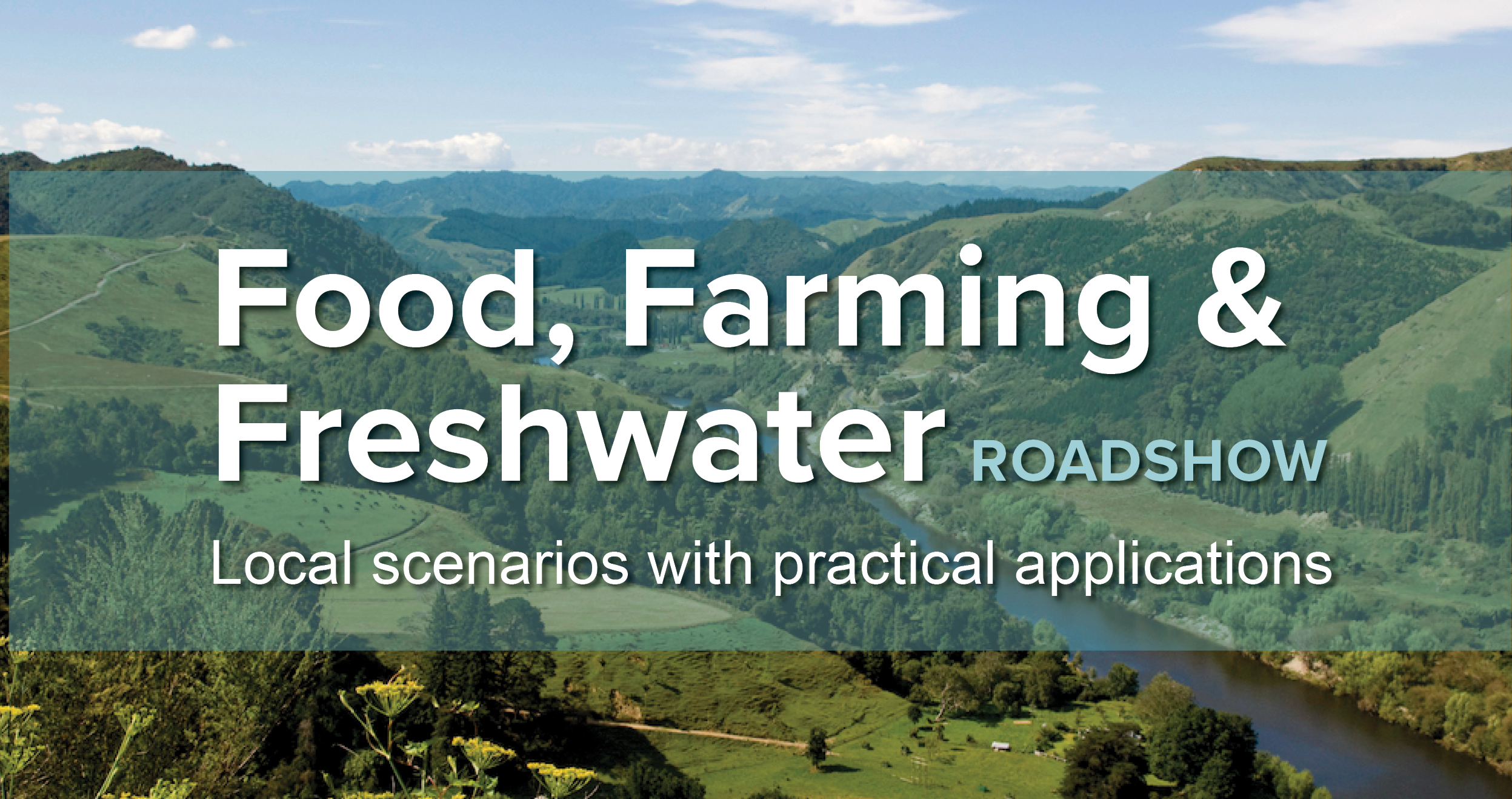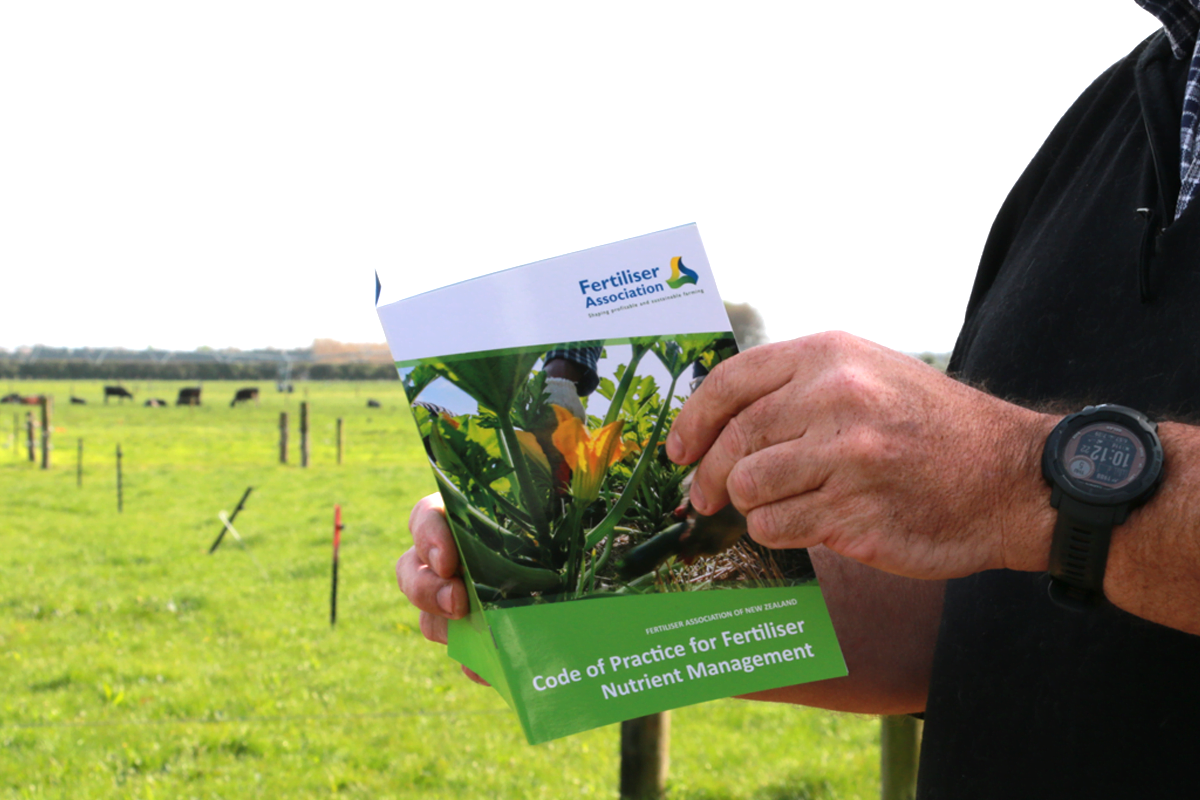November 02, 2023
Resources related to
Measuring Water Quality
Andriy Medvediuk - 123RF
How will we know if the actions people all over Aotearoa are taking to improve the health of our freshwater are working? Our research is striving to fill data gaps and build knowledge about how to measure and model water quality.
Development of linked frameworks to represent and manage catchment-scale contaminant transport for improved water quality outcomes
Freshwater Society Conference, November 2017
Understanding the linkage between hydrological and chemical signatures at catchment outlets and dominant contaminant transfer pathways
Integrating Multiple Aquatic Values, November 2017
Linking water flow and contaminant transfer through meso-scale catchments
NZ Hydrological Society Conference, December 2017
Measuring actual denitrification to understand nitrogen loads through aquifers
Ne is an inert, soluble, gas which is present in air and has been used in international studies to understand recharge conditions. The aim of…
Efficacy of subsurface denitrification to attenuate nitrate in shallow groundwaters
Our preliminary results indicate occurrence of complete ‘benign’ denitrification in the reducing shallow groundwater sites with lower dissolved oxygen (DO) contents (DO < 1mg L-1),…
Collaborative expert judgement analysis of uncertainty associated with catchment-scale nitrogen load modelling with OVERSEER
The widespread view that use of OVERSEER-derived N loss estimates to set catchment-scale nutrient limits is an inappropriate use of this tool needs to be…
Integrated Landscape Mapping of Water Quality Controls for Farm Planning
Farm environmental planning – Science, policy and practice, February 2018
Soil hydraulic modelling outcomes with four parameterization methods: Comparing soil description and data inversion approaches
Different methods for parameterizing soil hydraulic models can lead to substantially varied predictions of soil–plant–atmosphere water fluxes. This study investigated, for a heterogeneous stony soil,…
Indirect faecal source tracking methods to elucidate critical sources and contaminant transfers through catchments – a review
In New Zealand, there is substantial potential for microbial contaminants from agricultural fecal sources to be transported into waterways. Understanding contaminant transport pathways from catchment…
Integrating Multiple Stressors and Lake Resilience into Lake Management Frameworks
Session: Drivers of Change Presentation: Evolving the Paradigm: Integrating Multiple Stressors and Lake Resilience into Lake Management Frameworks Speakers: Marc Schallenberg
 View Our Strategy Document 2019 – 2024
View Our Strategy Document 2019 – 2024


